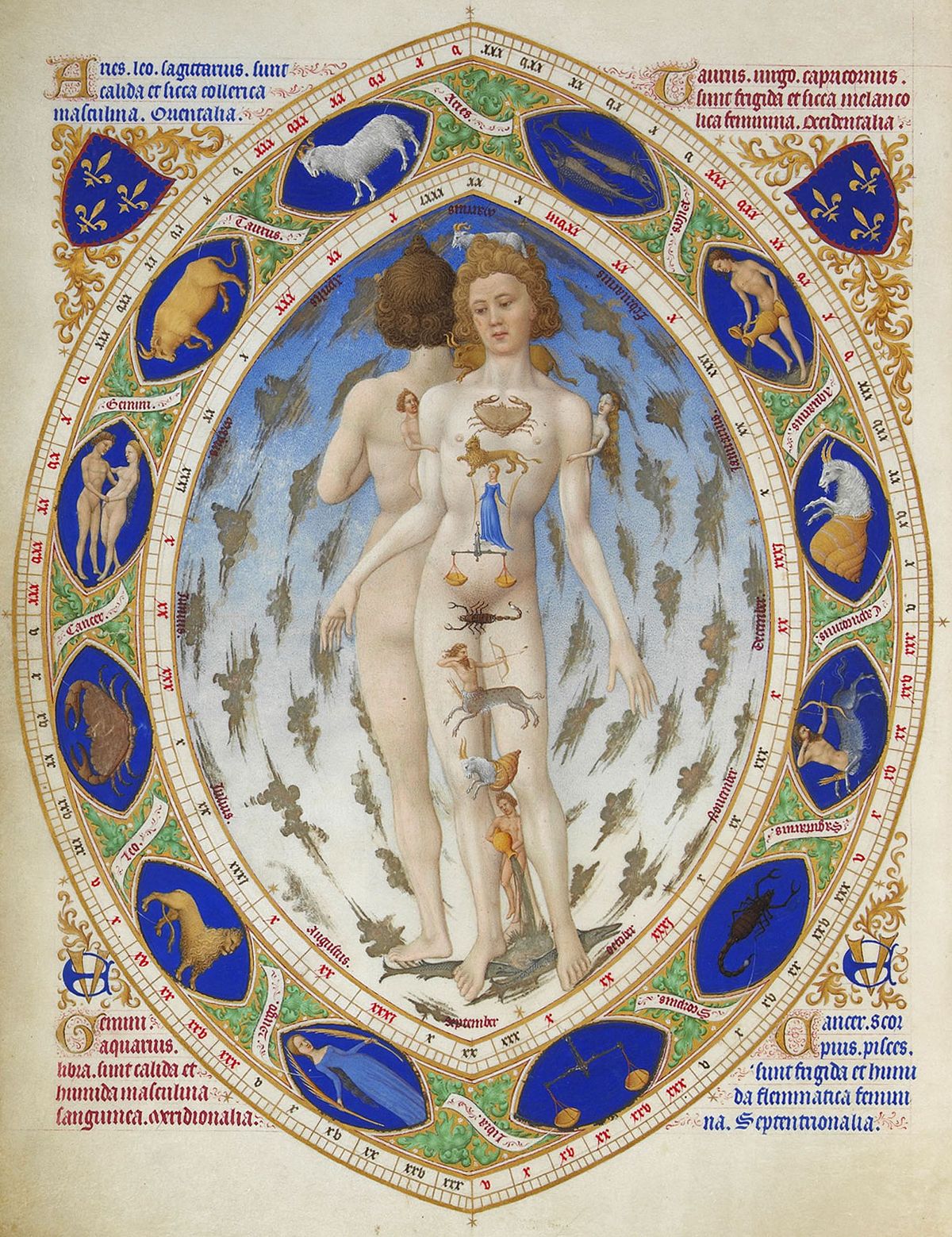
Medicine in the Middle Ages: A Temporal Overview
In the Middle Ages, Western European medicine was a complex blend of ancient and emerging ideas. During the Early Middle Ages, medical knowledge was primarily based on surviving Greek and Roman texts, preserved in monasteries. Medieval medicine evolved significantly, becoming a formalized body of knowledge institutionalized in universities.
Around the 12th century AD, translations of ancient Greek and Islamic medical treatises brought new insights and advancements. The most influential of these texts was Avicenna's "The Canon of Medicine," which summarized medical knowledge up to that point.
This era also witnessed the rise of hospitals and the formation of medical guilds. Hospitals emerged as centers of medical care, while guilds established standards for medical practice and education.
An important influence on medieval medicine was the theory of humors, which held that health was dependent on the balance of four bodily fluids: black bile, yellow bile, phlegm, and blood.
Throughout the Middle Ages, botanical medicine played a significant role, with monasteries serving as major centers for the cultivation of medicinal plants.
Medical practice was not limited to physicians. Some medieval women provided medical care, particularly in rural areas. Barber-surgeons offered a range of services, including bloodletting, treating wounds, and performing minor surgeries.
By the 14th century, medical universities in Italy and France had become renowned centers of medical learning. The curriculum focused on the theories of Hippocrates, Galen, and Avicenna, as well as anatomy and surgery.
In the later Middle Ages, advancements included the development of anatomical dissection, the use of alcohol in medicine, and the recognition of the contagious nature of the plague.
Despite the progress made in medieval medicine, it was still fraught with limitations and superstitions. Religious beliefs influenced medical practices, and illness was often attributed to demonic possession or divine punishment.
Overall, medieval medicine represented a significant step forward in healthcare, laying the foundation for further advancements in the centuries to come. It was a time of innovation, experimentation, and the gradual shift from ancient dogma to a more scientific approach to medicine.